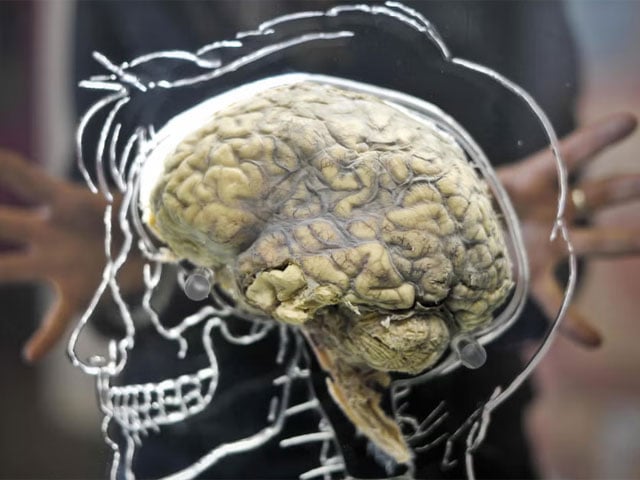London: A new study suggests that a hormone produced in the stomach during hunger can affect the decision-making part of the animal’s brain.
In the research, scientists studied hungry mice.
In a first-of-its-kind study, scientists have tried to understand how hunger hormones affect the hippocampus (the decision-making part of the brain that helps us understand and use memory). Affects performance when the animal is trying to eat.
According to researchers at University College London, the hippocampus inhibits the animal’s instinct to eat in the presence of food to ensure that animals do not overeat. But if the animal is very hungry, hormones instruct the brain to remove this inhibition.
The researchers are hopeful that the results of their research can inform research on other health problems such as diet and mental illness, in addition to the eating disorder system.
Dr Andrew McEskill, lead author of the study, said: “We know that our hunger can influence our decisions. Eating has a different meaning depending on whether the stomach is full or empty.
He said that this idea which seems simple is actually very complex. The decision-making part of the brain is highly sensitive to hunger hormones produced in the stomach, which help the brain contextualize our food choices.



